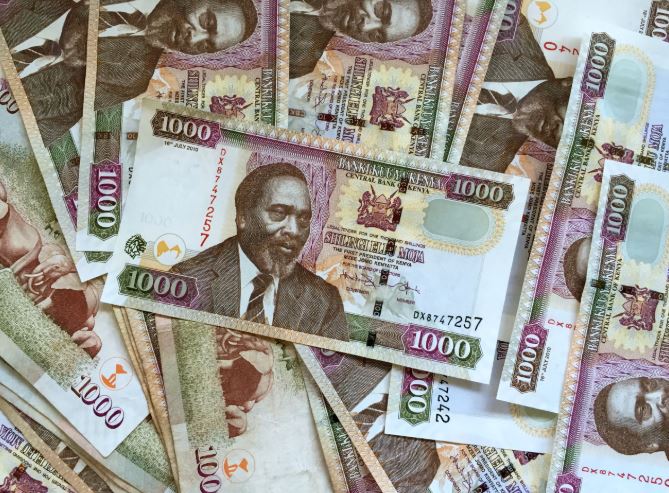×
The Standard e-Paper
Smart Minds Choose Us

Patrick Kang’ethe Njuguna may be old, blind as bat and half paralysed, but his brain is razor-sharp. With just one land title deed, and working in cahoots with close relatives and crooked operatives at the Lands Registry, he ‘raided’ three banks and wheeled off Sh466 million — without firing a single gunshot.